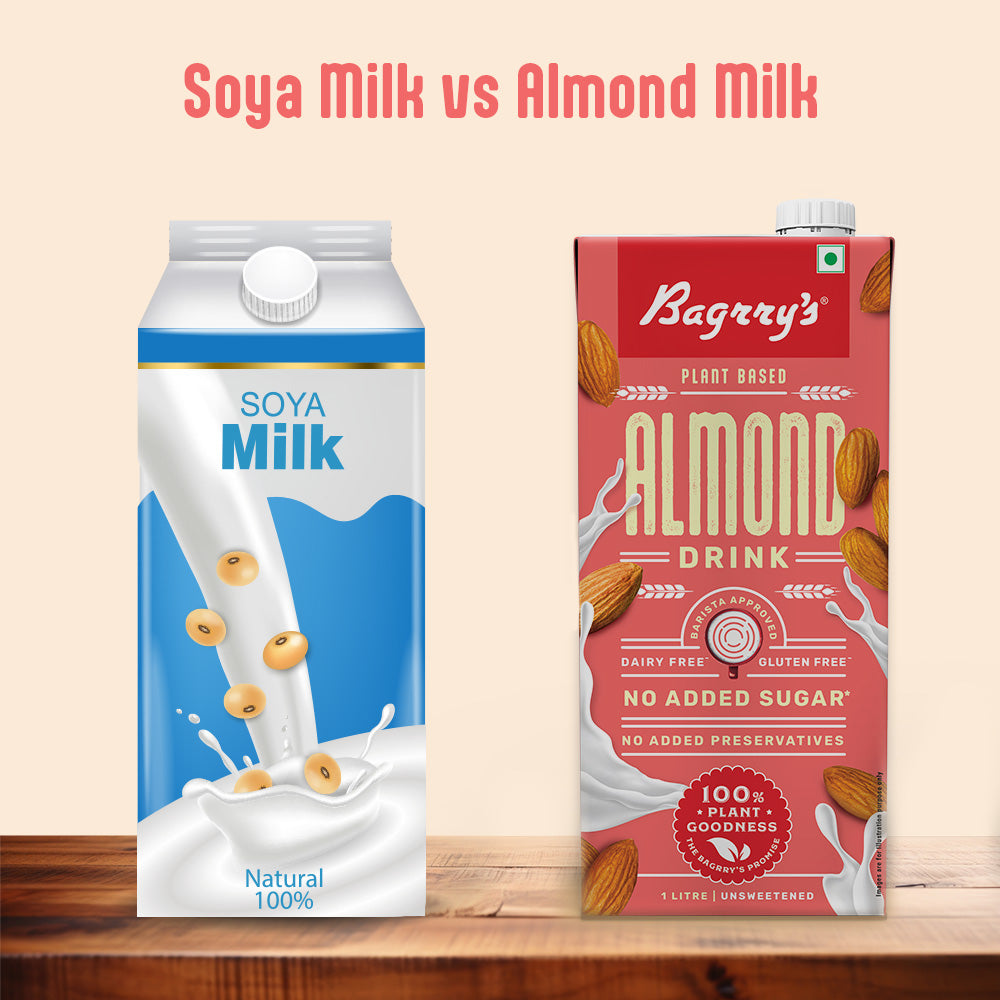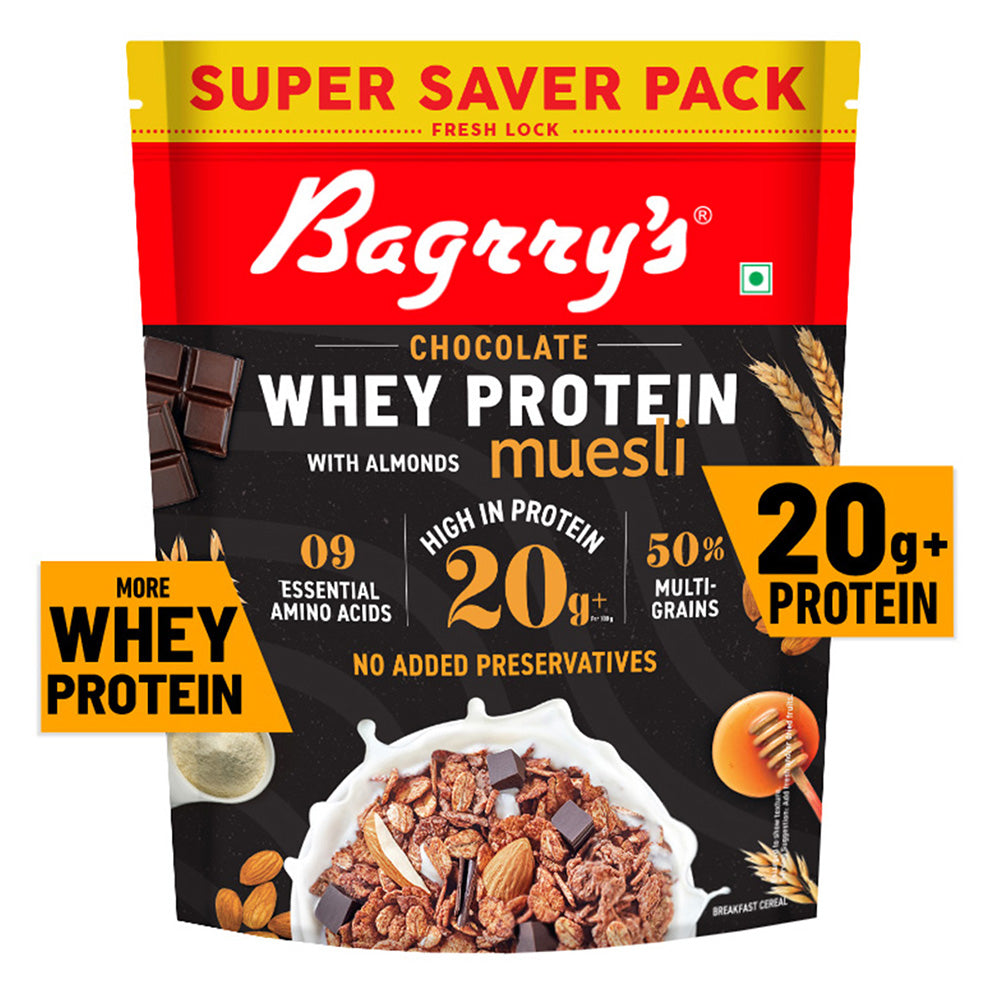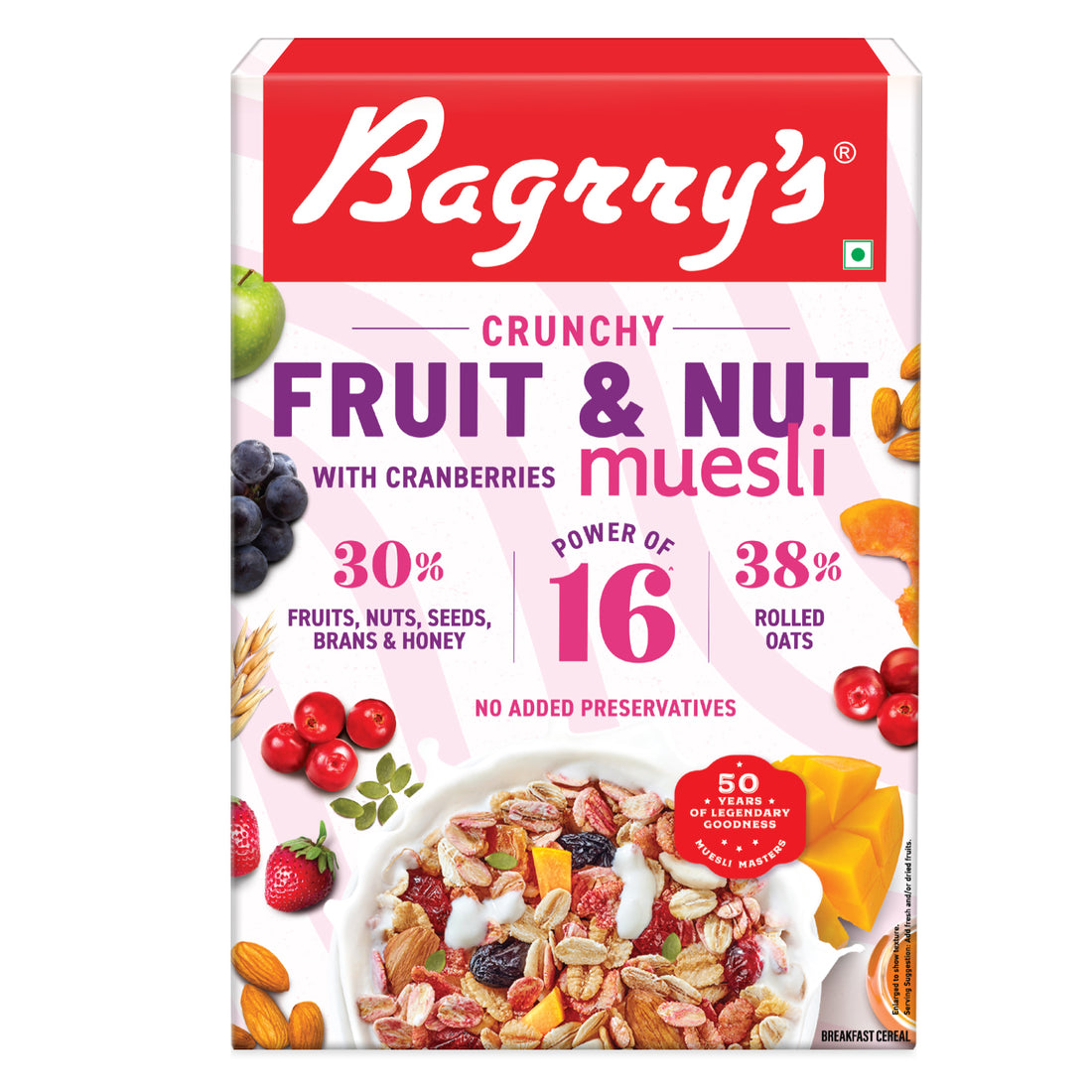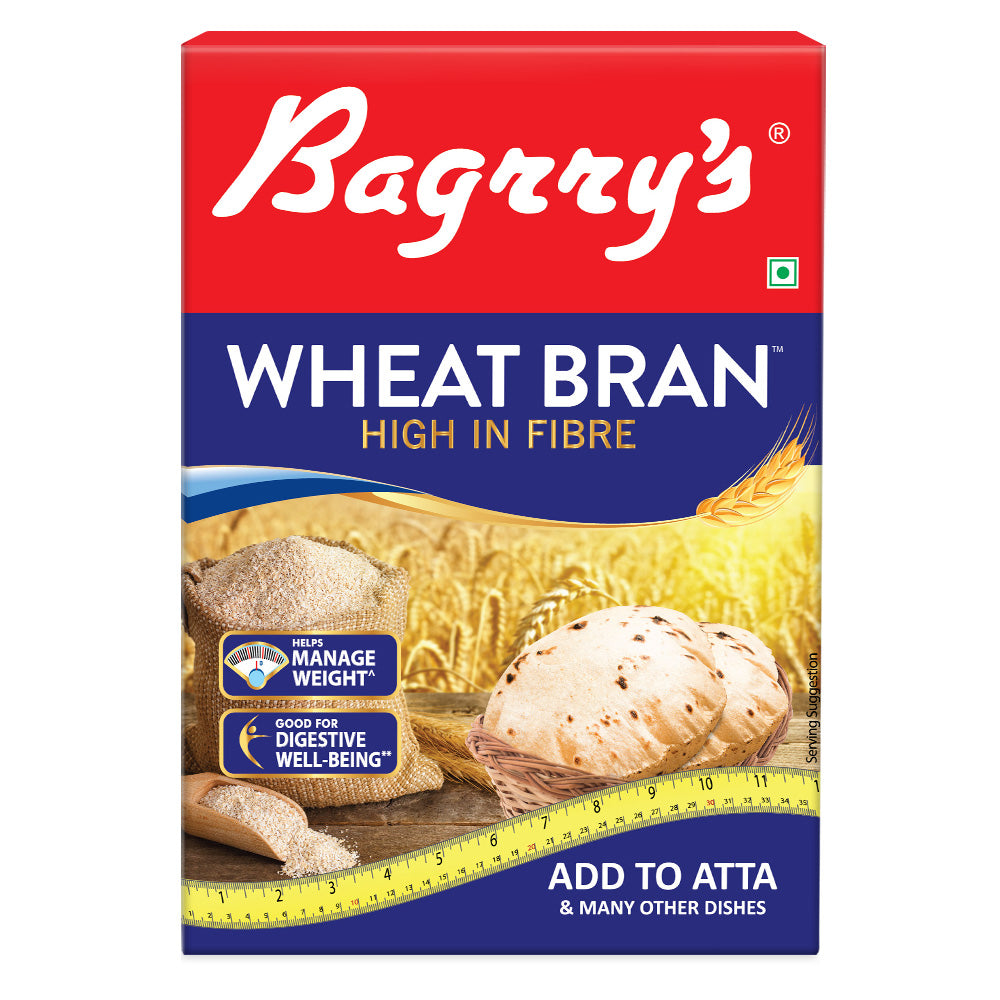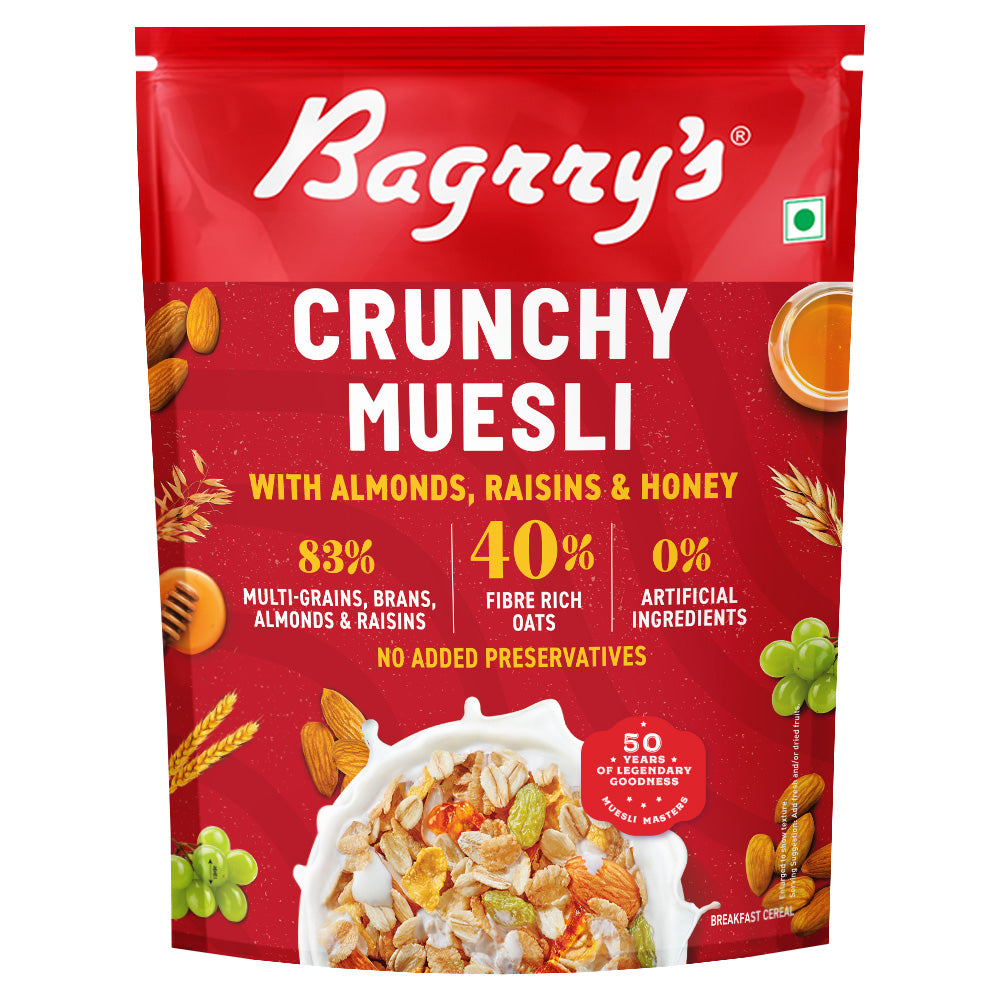The debate over which plant-based milk is better for your health, soya milk or almond milk, has gained significant attention as more people seek alternatives to dairy milk. Both soya and almond milk offer unique benefits and cater to various dietary preferences and needs. Let's explore the nutritional profiles, health benefits, and potential drawbacks of each to help you make an informed choice.
Soya Milk: A Nutrient Powerhouse
Nutritional Profile
Soya milk is derived from whole soybeans or soy protein isolate. It is rich in high-quality protein, comparable to the protein found in cow’s milk, making it an excellent choice for vegetarians and vegans. A typical serving of soya milk (about one cup) contains:
Calories: 80-100
Protein: 7-8 grams
Carbohydrates: 4-5 grams
Fat: 4-5 grams
Calcium: 300-400 mg (fortified)
Health Benefits
High Protein Content: Soya milk's high protein content supports muscle maintenance and repair, making it a great option for active individuals and those looking to increase their protein intake.
Heart Health: Soy is known for its ability to lower cholesterol levels, potentially reducing the risk of heart disease.
Bone Health: Fortified soya milk provides a good source of calcium and vitamin D, essential for strong bones and teeth.
Potential Drawbacks
Allergies: Soy is a common allergen, and some individuals may experience digestive issues or allergic reactions.
Phytoestrogens: Soy contains phytoestrogens, which can mimic estrogen in the body. While this is generally considered safe for most people, those with specific hormone-sensitive conditions should consult a healthcare provider.
Almond Milk: A Low-Calorie Alternative

Nutritional Profile
Almond milk is made from ground almonds and water. It is naturally low in calories and fat, but it is often fortified to enhance its nutritional value. A typical serving of almond milk (about one cup) contains:
Calories: 30-50
Protein: 1-2 grams
Carbohydrates: 1-2 grams
Fat: 2-3 grams
Calcium: 450-500 mg (fortified)
Health Benefits
Low in Calories: Almond milk is an excellent choice for those looking to reduce calorie intake while still enjoying a creamy beverage.
Heart Health: Rich in healthy fats, almond milk can help support cardiovascular health.
Bone Health: Fortified almond milk is an excellent source of calcium, essential for maintaining bone density and preventing osteoporosis.
Potential Drawbacks
Low Protein Content: Almond milk contains significantly less protein than soya milk, which may not be ideal for individuals looking to boost their protein intake.
Nut Allergies: Almond milk is not suitable for individuals with tree nut allergies.
Bagrry's Almond Milk: A Superior Choice

Bagrry's Almond Milk stands out in the crowded market of plant-based milks. Here’s why:
Sugar-Free: Bagrry's Almond Milk is free from added sugars, making it a healthier option for those managing their sugar intake or following a low-sugar diet.
Vegan: As a vegan product, Bagrry's Almond Milk is suitable for those following a plant-based lifestyle.
70% More Almonds: With 70% more Almonds. Its also Barista Approved, for a richer, creamier & frothy experience.
High in Calcium: Bagrry's Almond Milk supports bone health, making it an ideal choice for individuals of all ages.
Conclusion
Choosing between soya milk and almond milk depends on your dietary needs and preferences. Soya milk offers a high protein content and is beneficial for muscle and heart health, while almond milk is a low-calorie option rich in healthy fats and calcium. For those seeking a superior almond milk option, Bagrry's Almond Milk provides an added advantage with its sugar-free, vegan formula, and higher almond content, ensuring you get maximum nutritional benefits in every sip.


